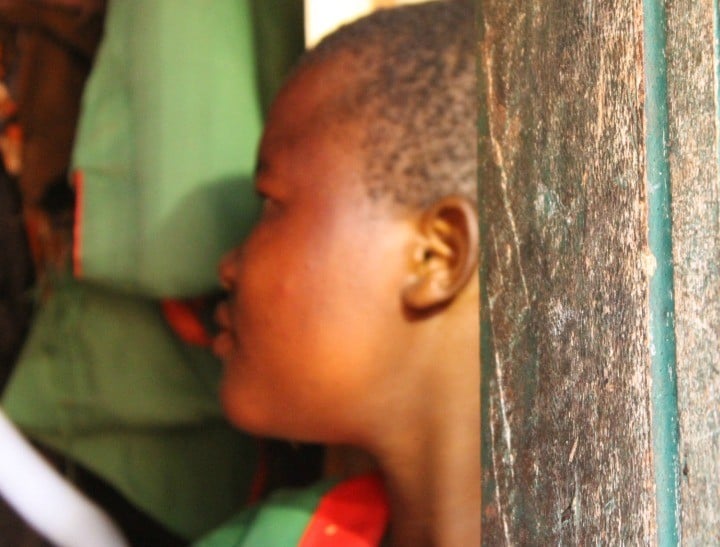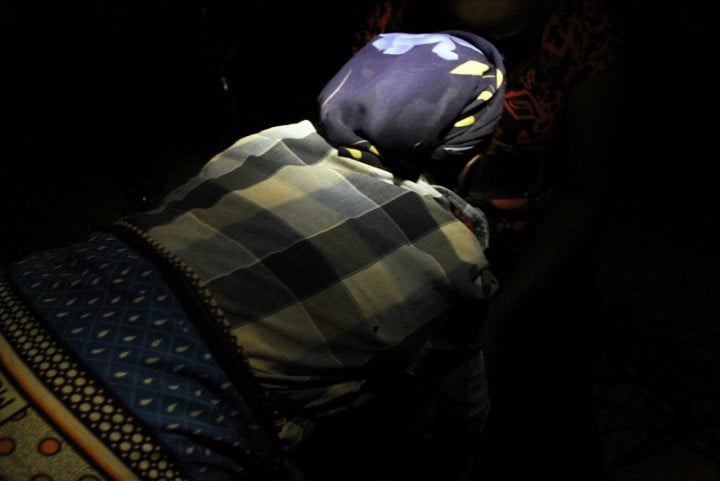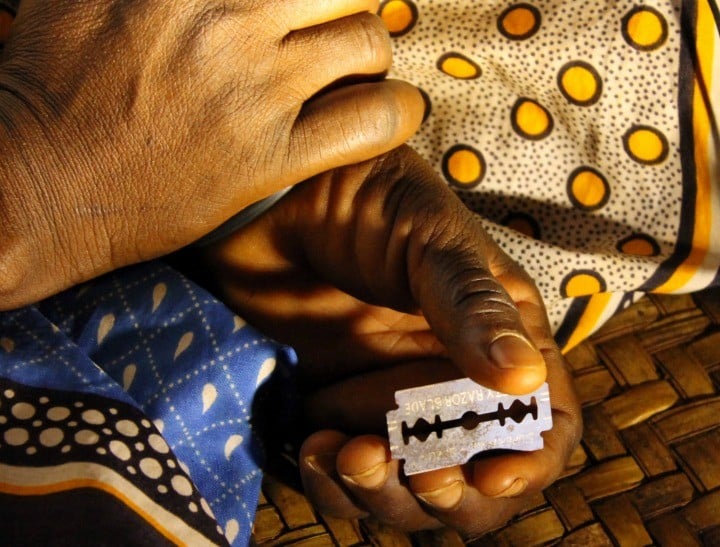
Imagine. You’re nine years old.
Your grandmother calls you over when suddenly two women, one of them your own aunt, pin you to the ground. You undergo “the cut” – the practice of female circumcision where most of your external female genitalia is removed.
You scream in pain, with no understanding of what has happened to you.
The horror of female genital mutilation (FGM) is a reality for millions of young girls across the globe.
Among those is Nkatha*, a 16-year-old year-old from Kenya who had her genitals cut when she was only nine years old.
“My grandmother called me outside and began talking to me. I just remember being very terrified and wishing I could run away, but it was very dark. Then later two women, one of them was my aunt, held me down,” Nkatha told Plan International.
“The room was dimly lit. The next thing I felt was a very sharp pain. I attempted to cry but my aunt told me not to cry. A few minutes later, it was all done. I was in a lot of pain. I was then carried and put to bed and my aunt stayed with me in the house.”



Top Comments
Why the focus on females? Many more boys have their genitals mutilated every year. Please campaign for getting rid of all genital cutting.
What they are describing is the most severe form of FGM: infibulation - the removal of almost all external female genitalia (labia minora, most of labia majora, clitoris) then it is then sutured shut leaving an opening the size of a matchstick for urination and menstruation. For sexual intercourse to occur, it must be forced open again (more agony) and in most cases the woman will have to be cut open to give birth. This occurs to children as young as two, YES TWO!! There are less extreme variations but all of it is violation of rights. Also when the lady says an operation occurs, that's not accurate, from everything I have read and from the women I have spoken to, an animals horn is used. It's so messed up.